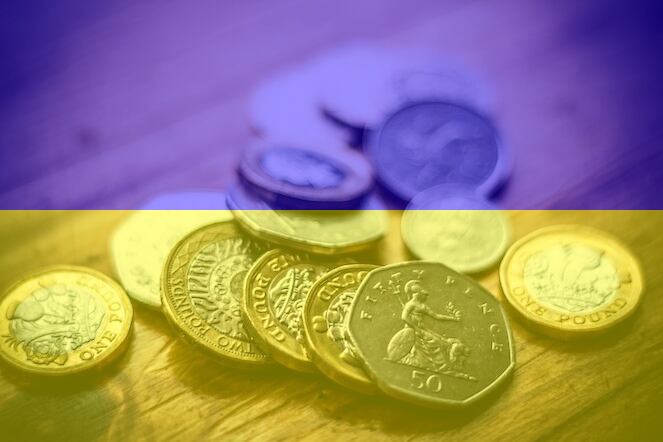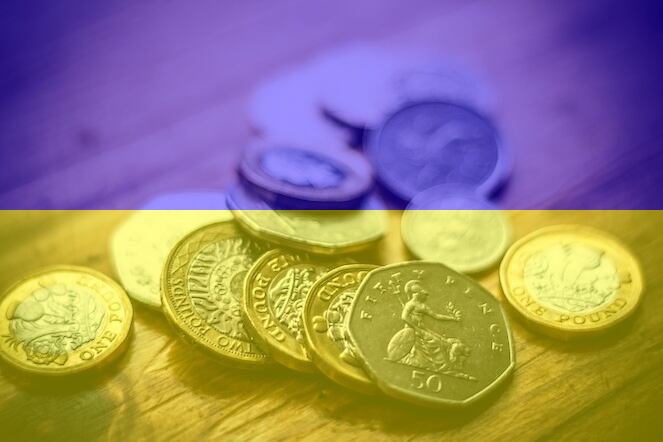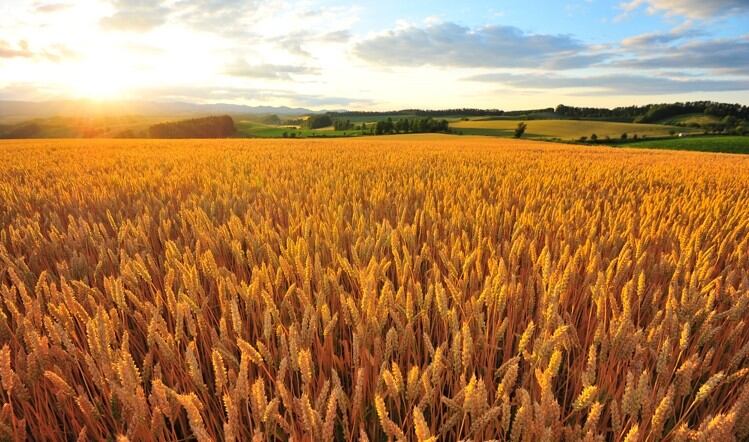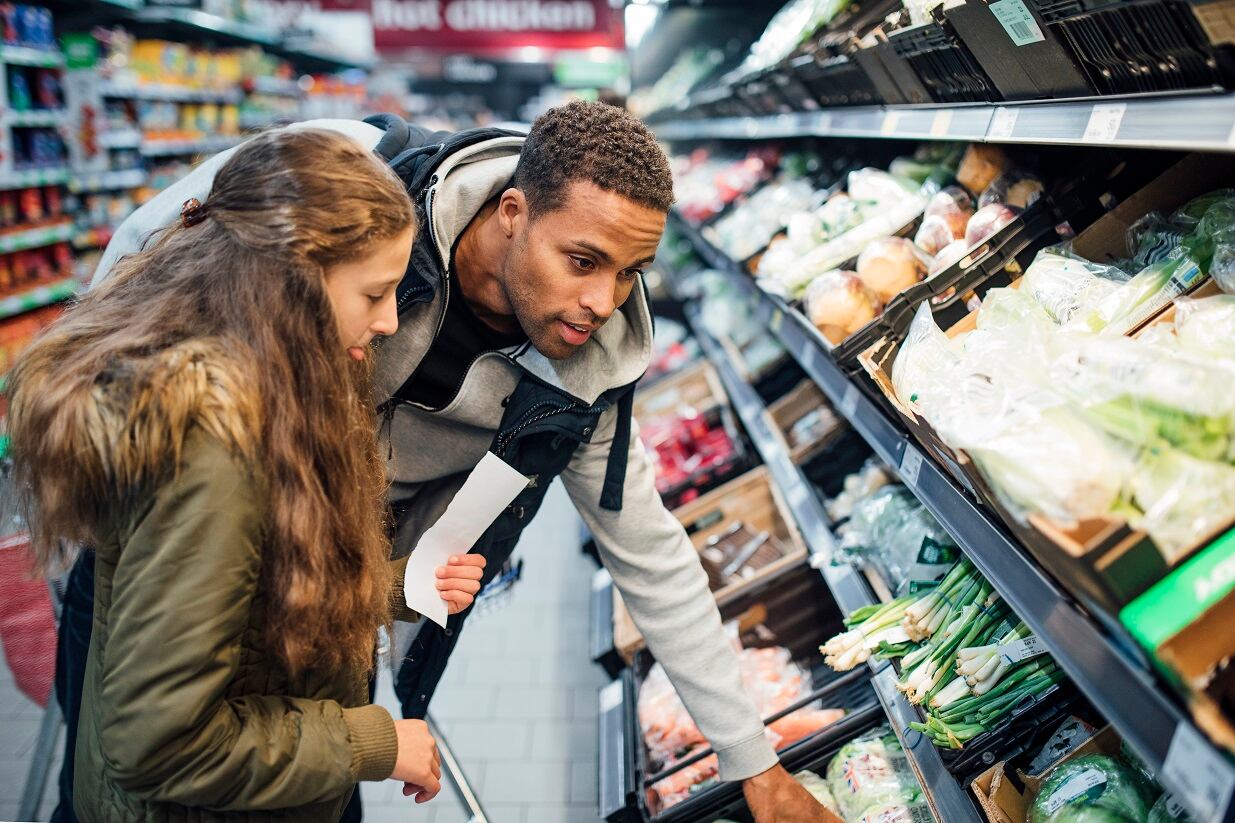The new measures to support Ukraine in its conflict with Russia will remove all tariffs covered by the existing UK-Ukraine trade deal and quotas will be removed under the free trade agreement.
The move comes following a direct request from President Zelenskyy’s government to liberalise tariffs and support the Ukrainian economy.
International Trade Secretary Anne-Marie Trevelyan said: “The UK will continue to do everything in its power to support Ukraine’s fight against Putin’s brutal and unprovoked invasion and help ensure the long-term security and prosperity of Ukraine and its people.”
Last week the UK also announced it was bolstering its current tariff sanctions against Russia, by increasing the list of products facing import bans and increased tariffs.
Major Shock
The news comes as the World Bank said the war in Ukraine had dealt a 'major shock' to commodity markets, altering global patterns of trade, production, and consumption in ways that will keep prices at historically high levels through the end of 2024.
The World Bank’s latest Commodity Markets Outlook report said price increases for food commodities, of which Russia and Ukraine are large producers, and fertilizers, which rely on natural gas as a production input, have been the largest since 2008.
“Overall, this amounts to the largest commodity shock we’ve experienced since the 1970s. As was the case then, the shock is being aggravated by a surge in restrictions in trade of food, fuel and fertilizers,” said Indermit Gill, the World Bank’s vice president for Equitable Growth, Finance, and Institutions.
“These developments have started to raise the specter of stagflation. Policymakers should take every opportunity to increase economic growth at home and avoid actions that will bring harm to the global economy.
Price increases
Wheat prices are forecast to increase more than 40%, reaching an all-time high in nominal terms this year. That will put pressure on developing economies that rely on wheat imports, especially from Russia and Ukraine, the World Bank said.
John Baffes, Senior Economist in the World Bank’s Prospects Group said: “This will have lasting knock-on effects. The sharp rise in input prices, such as energy and fertilizers, could lead to a reduction in food production particularly in developing economies. Lower input use will weigh on food production and quality, affecting food availability, rural incomes, and the livelihoods of the poor.”
This comes as Asda chairman Lord Rose told the BBC that food prices will keep rising, and stay higher "for quite some time" due to the high cost of raw materials.
Many families struggling with the cost of living crisis are "going to suffer", the Conservative peer warned.




